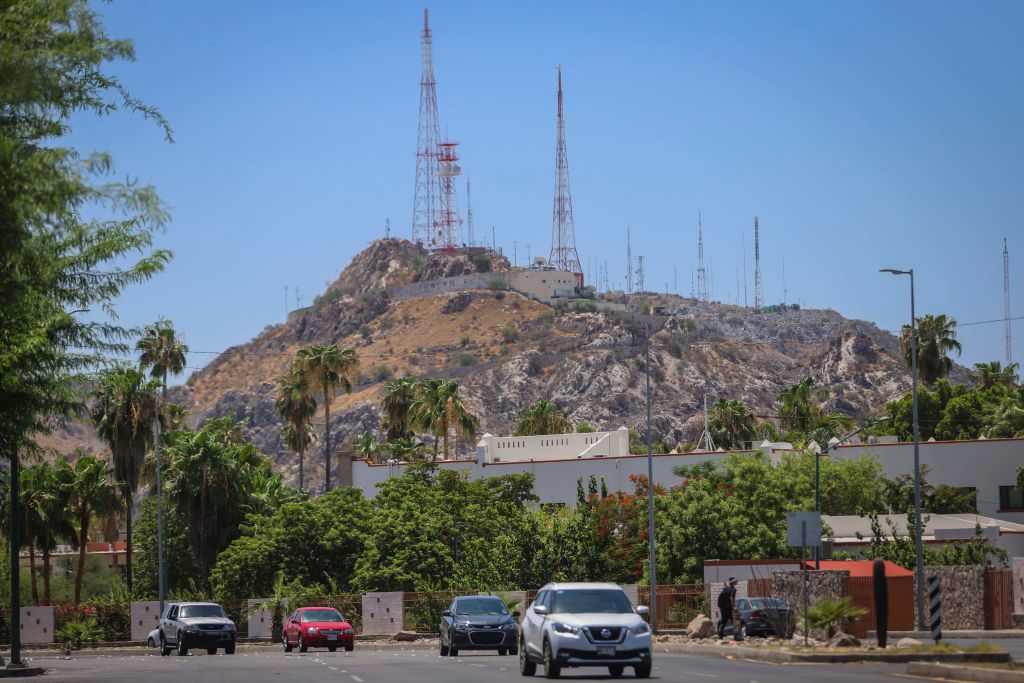Mexico is considering raising tariffs against the Chinese Communist Party (CCP) after a legal dispute shuttered operations at a major lithium mine in Sonora owned by a Chinese company. The move comes amid a widening trade deficit in China’s favor, prompting Mexican President Claudia Sheinbaum’s administration to weigh raising tariffs on a wide range of Chinese products.
In August 2025, a legal dispute between Mexico and the CCP brought operations at the Ganfeng lithium mine in Sonora to a halt. A 2022 change to Mexico’s mining law reserves strategic minerals like lithium to be the exclusive property of Mexico. The CCP argued in international arbitration that the Sonoran mine should be excluded from the requirement. Sonora Gov. Alfonso Durazo told local media that the dispute led to the closing of the mine, according to BNAmericas, a Chilean business intelligence firm. The Sonoran Project, as Ganfeng calls it, covers 10,000 hectares and is believed to contain nearly 9 metric tons of lithium with a 250-year resource life, according to the company’s website.
Meanwhile, Mexico’s trade deficit expanded with China, reaching nearly $60 billion, a 3.3% increase from the previous year, reported El Economista, a Mexican business news website. Mexico’s 2026 budget, currently under consideration in Congress, contains tariff hikes on Chinese cars, textiles and plastics. The Mexican economic ministry also has opened anti-dumping investigations into Chinese-made adult bicycles and adult footwear. In addition, Mexico extended anti-dumping duties on Chinese steel products and polyester fibers used for clothing, upholstery and household goods for five years.
Mexico’s trade woes with the CCP have been replicated across Latin America. In Honduras, shrimp exports have plummeted by 66%, putting thousands out of work since Honduras cut off relations with Taiwan at the CCP’s behest in 2023, undercutting a major pillar of the country’s economy. Chile and Ecuador also are considering tariff and anti-dumping measures against the CCP, reported the Council of Foreign Relations, a U.S. think tank.
The Mexican Congress will make a final decision on the CCP tariffs in November. The CCP has launched a retaliatory investigation and strongly criticized the Mexican decision. Ricardo Monreal, the congressional leader of the ruling party, Morena, in the lower house of Mexico, said the issue will be revisited because the country’s leaders must protect the economy from a flood of cheap imports that hurt domestic manufacturers. “We have to be more careful, given that tariffs are being imposed on countries that, without being trading partners, engage in intense, and sometimes unfair trade with our products in Mexico,” Monreal said, according to Bloomberg.

